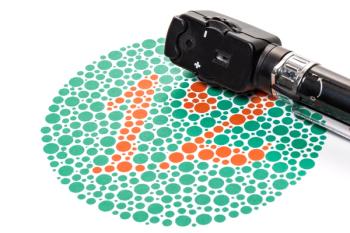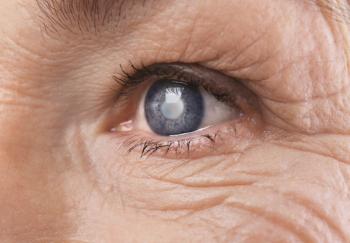
Genes Found That May Contribute to Glaucoma in Black Americans
Glaucoma is a leading cause of blindness, and African Americans and other minorities have a higher risk for the disease.
Penn Medicine researchers have identified three gene variants that may contribute to the development of glaucoma in those of African ancestry, according to research
“Our work is an important step toward defining subgroups of glaucoma, providing the capability for early screening, and discovering targetable pathways for personalized therapeutic interventions,” study author Rebecca Salowe said in a press release. “There is an urgent need for large genetic studies to identify novel targets for screening and therapeutic intervention in African ancestry individuals.” Salowe is a research project manager in the lab of senior author Joan O’Brien, M.D., a professor of Ophthalmology and director of the Penn Center for Genetics of Complex Disease.
Much of the research of the genes involved in glaucoma have not assessed the variants in minority populations. As of 2019, only 2% of all genome-wide association studies have been conducted in people whose ancestry is tied to Africa.
O’Brien and Salowe’s research involved more than 11,200 people of African ancestry. They found two particular variants that correlated with primary open-angle glaucoma. The variants discovered were rs1666698, tied to the gene DBF4P2, and rs34957764, linked to ROCK1P1. A third variant was also identified (rs11824032 tied to ARHGEF12), which was associated with cup-to-disc ratio, a measure of glaucoma severity.
Researchers were able to validate their results in the Penn Medicine BioBank, an in-house repository of genetic information linked to health records. It features a diverse collection of genetic material.
O’Brien said Penn is sharing its genetic database with other researchers studying diseases that over-affect African-ancestry populations in the hope that the information can influence new clinical approaches. “These collaborations are resulting in much more research on the health of an historically understudied population,” O’Brien said.
O’Brien’s team is now doing research to discover how exactly the three genes they’ve identified contribute to disease risk and severity.
The research was funded by the National Eye Institute and the Vision Research Core Grant.
Patients with glaucoma who are Black, Hispanic, and Native American have worse vision outcomes and less disease monitoring, according to separate research presented in November at the annual meeting of the American Academy of Ophthalmology.
Researchers at Johns Hopkins, Wilmer Eye Institute and Harvard University, Massachusetts Eye and Ear Institute evaluated data on nearly 1 million patients. They found that Black and Hispanic patients were about 30% more likely to develop poor vision or receive a low vision diagnosis, and Black patients were 45% more likely to require invasive glaucoma surgery.
Black and Hispanic patients were less likely to receive outpatient eye exams and optical coherence tomography tests, which are used for disease monitoring but were more likely to have inpatient/emergency department encounters compared with White patients.
Newsletter
Get the latest industry news, event updates, and more from Managed healthcare Executive.

























